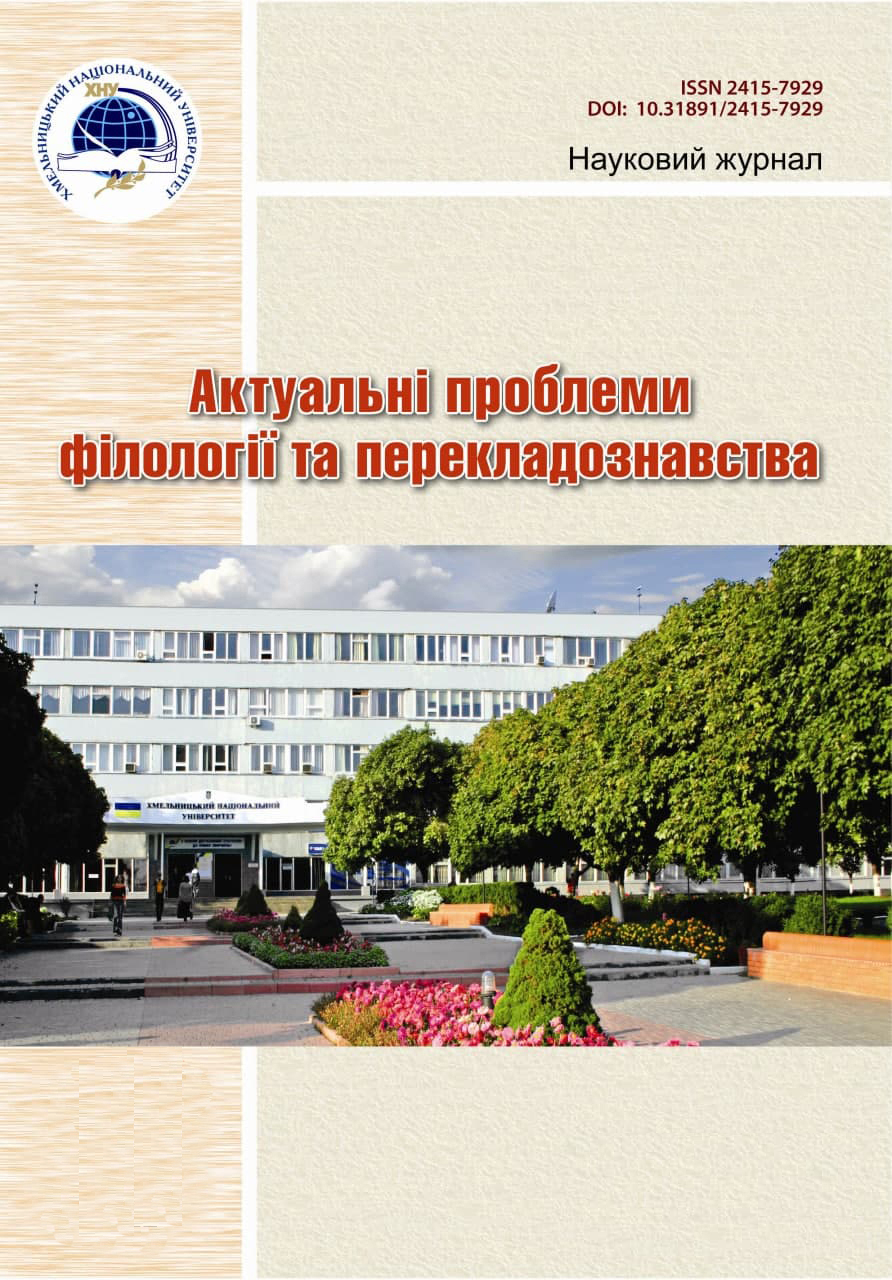THE ANALYSIS OF THE TRANSLATION MISTAKES IN THE MEDIA AND ADVERTISING TEXTS AS A MEANS OF SPEECH CULTURE IMPROVEMENT OF THE STUDENTS STUDYING JOURNALISM IN THE CONTEXT OF UKRAINIAN-RUSSIAN BILINGUALISM
DOI:
https://doi.org/10.31891/2415-7929-2024-30-11Keywords:
Ukrainian-Russian bilingualism, translation, polysemic words, lexical mistakesAbstract
The speech mistakes in the media and advertising texts caused by the imperfect translation, at times by the automatic one, are analysed in the article. This phenomenon is one of the negative tendencies inflicted by the Ukrainian-Russian bilingualism. It was found that despite the Russian-Ukrainian war the Russian language functions in the media environment in particular as a language of media and advertising texts which are translated into Ukrainian and in such a way are transmitted to the Ukrainian reader.
The Russian sources of information are referred to by journalists, commentator, analysts, reviewers, experts. Translating these materials, the media and advertising representatives at times make lexical or grammatical mistakes. There is an aspect that is emphasised: in the process of linguistic forging of the students, who study journalism, especially in the modern Ukrainian Language course the formation of competences for correct translation in the context of Ukrainian-Russian bilingualism must be crucial.
On the basis of the factual material picked up from the Internet sources the examples of lexical mistakes caused by the negligence of the words polysemy during the translation from Russian to Ukrainian are examined and analysed.
The methods of use of such texts as a form of didactic material while studying the topic ‘Monosemantic and Polysemantic Words’ in the Ukrainian Language course are proposed. It is also underlined that a similar approach can be proposed for other aspects of lexicology: homonymy, paronymy, synonymy.
Downloads
Published
Issue
Section
License
Copyright (c) 2024 Юрій КОХАН (Автор)

This work is licensed under a Creative Commons Attribution-NonCommercial-NoDerivatives 4.0 International License.

